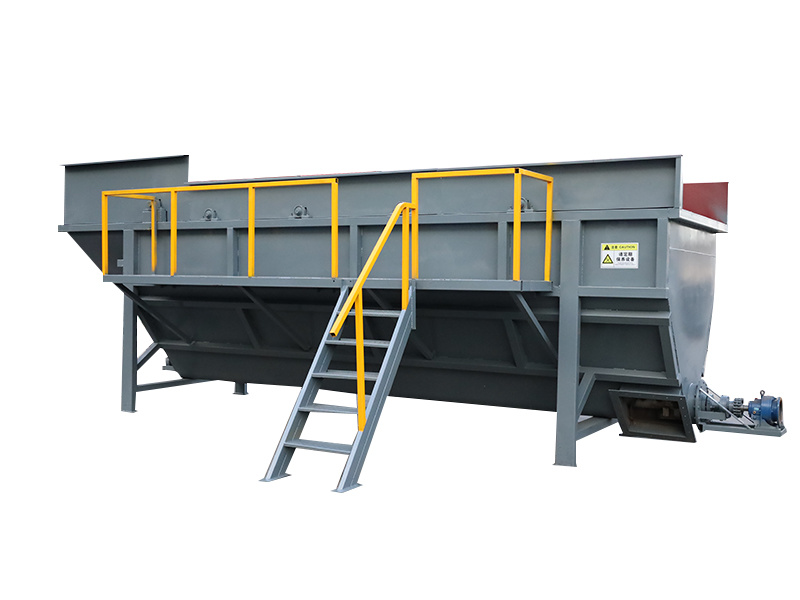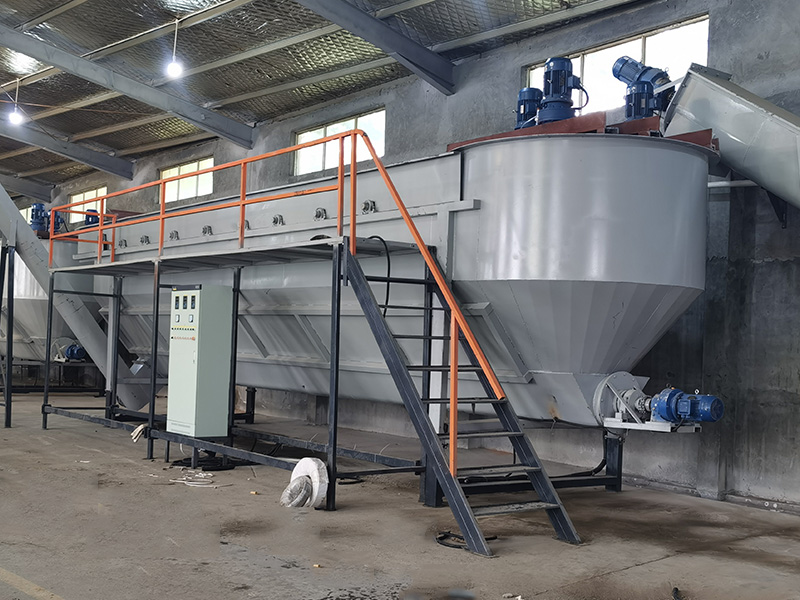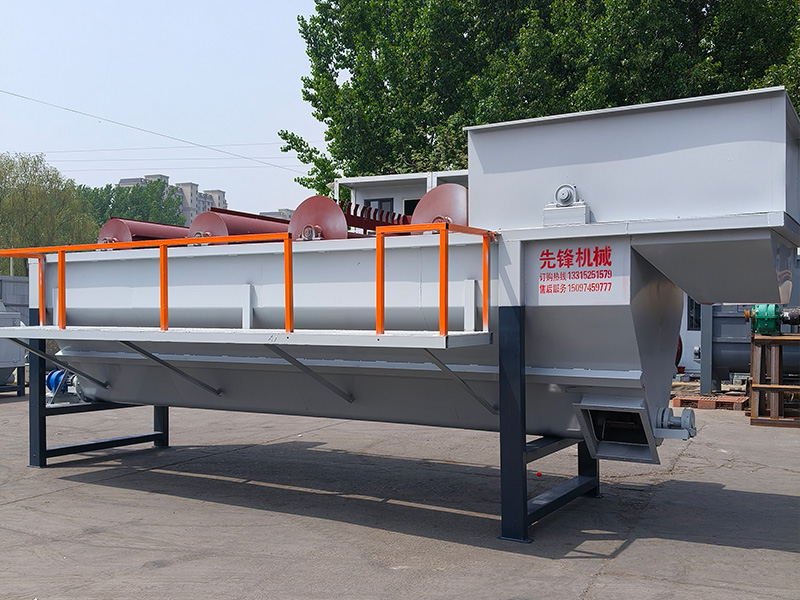Transforming Plastic Waste: The Future of Valorization in Manufacturing
Plastic waste valorization refers to the processes and technologies that convert waste plastic materials into reusable resources. As environmental concerns surrounding plastic pollution heighten, the need for effective valorization strategies in the manufacturing sector has become increasingly critical. This article explores the multiple facets of plastic waste valorization, emphasizing its releva
Jun 14,2025

Plastic waste valorization refers to the processes and technologies that convert waste plastic materials into reusable resources. As environmental concerns surrounding plastic pollution heighten, the need for effective valorization strategies in the manufacturing sector has become increasingly critical. This article explores the multiple facets of plastic waste valorization, emphasizing its relevance to the manufacturing and processing machinery industries.
The primary goal of plastic waste valorization is to minimize landfill contributions while maximizing resource efficiency. By identifying innovative methods to recycle and repurpose plastics, manufacturers can significantly reduce their environmental footprint. Valorization can take various forms, including mechanical recycling, chemical recycling, and energy recovery. Each method offers distinct advantages and can be tailored to suit specific manufacturing needs.
Mechanical recycling involves the physical breakdown of plastic waste into smaller pieces, which can then be reformed into new products. This process is often the most straightforward and widely adopted method of valorization. However, it may be limited by the quality of the recycled material, as impurities can compromise the integrity of the final product. By investing in advanced sorting and processing technologies, manufacturers can enhance the quality of mechanically recycled plastics, making them more suitable for high-value applications.
Chemical recycling, on the other hand, breaks down plastics into their fundamental chemical components, allowing for the creation of new, virgin-like materials. This method has the potential to address some of the limitations of mechanical recycling, as it can handle contaminated plastics and produce high-quality outputs. Although chemical recycling technologies are still developing, they represent a promising avenue for improving the efficiency of plastic waste valorization.
Energy recovery is another aspect of valorization, where plastic waste is converted into energy through processes such as incineration or gasification. While this method does contribute to waste reduction, it is often viewed as a last resort compared to material recovery methods. Nevertheless, it can play a vital role in managing plastic waste that is not suitable for recycling.
In addition to these processes, the adoption of circular economy principles is pivotal in promoting plastic waste valorization. By designing products for longevity, recyclability, and ease of disassembly, manufacturers can create a closed-loop system that reduces waste generation and fosters sustainable practices. Collaborative efforts among stakeholders—including manufacturers, consumers, and policymakers—are essential to create a robust framework for plastic waste valorization.
In conclusion, plastic waste valorization is a critical component of sustainable manufacturing practices. By embracing innovative recycling technologies and circular economy principles, manufacturers can turn plastic waste into valuable resources, ultimately contributing to a greener future. As the industry continues to evolve, ongoing research and investment in valorization technologies will be vital for driving the transition towards a more sustainable and resource-efficient manufacturing landscape.
The primary goal of plastic waste valorization is to minimize landfill contributions while maximizing resource efficiency. By identifying innovative methods to recycle and repurpose plastics, manufacturers can significantly reduce their environmental footprint. Valorization can take various forms, including mechanical recycling, chemical recycling, and energy recovery. Each method offers distinct advantages and can be tailored to suit specific manufacturing needs.
Mechanical recycling involves the physical breakdown of plastic waste into smaller pieces, which can then be reformed into new products. This process is often the most straightforward and widely adopted method of valorization. However, it may be limited by the quality of the recycled material, as impurities can compromise the integrity of the final product. By investing in advanced sorting and processing technologies, manufacturers can enhance the quality of mechanically recycled plastics, making them more suitable for high-value applications.
Chemical recycling, on the other hand, breaks down plastics into their fundamental chemical components, allowing for the creation of new, virgin-like materials. This method has the potential to address some of the limitations of mechanical recycling, as it can handle contaminated plastics and produce high-quality outputs. Although chemical recycling technologies are still developing, they represent a promising avenue for improving the efficiency of plastic waste valorization.
Energy recovery is another aspect of valorization, where plastic waste is converted into energy through processes such as incineration or gasification. While this method does contribute to waste reduction, it is often viewed as a last resort compared to material recovery methods. Nevertheless, it can play a vital role in managing plastic waste that is not suitable for recycling.
In addition to these processes, the adoption of circular economy principles is pivotal in promoting plastic waste valorization. By designing products for longevity, recyclability, and ease of disassembly, manufacturers can create a closed-loop system that reduces waste generation and fosters sustainable practices. Collaborative efforts among stakeholders—including manufacturers, consumers, and policymakers—are essential to create a robust framework for plastic waste valorization.
In conclusion, plastic waste valorization is a critical component of sustainable manufacturing practices. By embracing innovative recycling technologies and circular economy principles, manufacturers can turn plastic waste into valuable resources, ultimately contributing to a greener future. As the industry continues to evolve, ongoing research and investment in valorization technologies will be vital for driving the transition towards a more sustainable and resource-efficient manufacturing landscape.
TAG:
Contact Us
E-mail :
Phone/WhatsApp:
Address:
Shunping, Baoding City, Hebei Province









